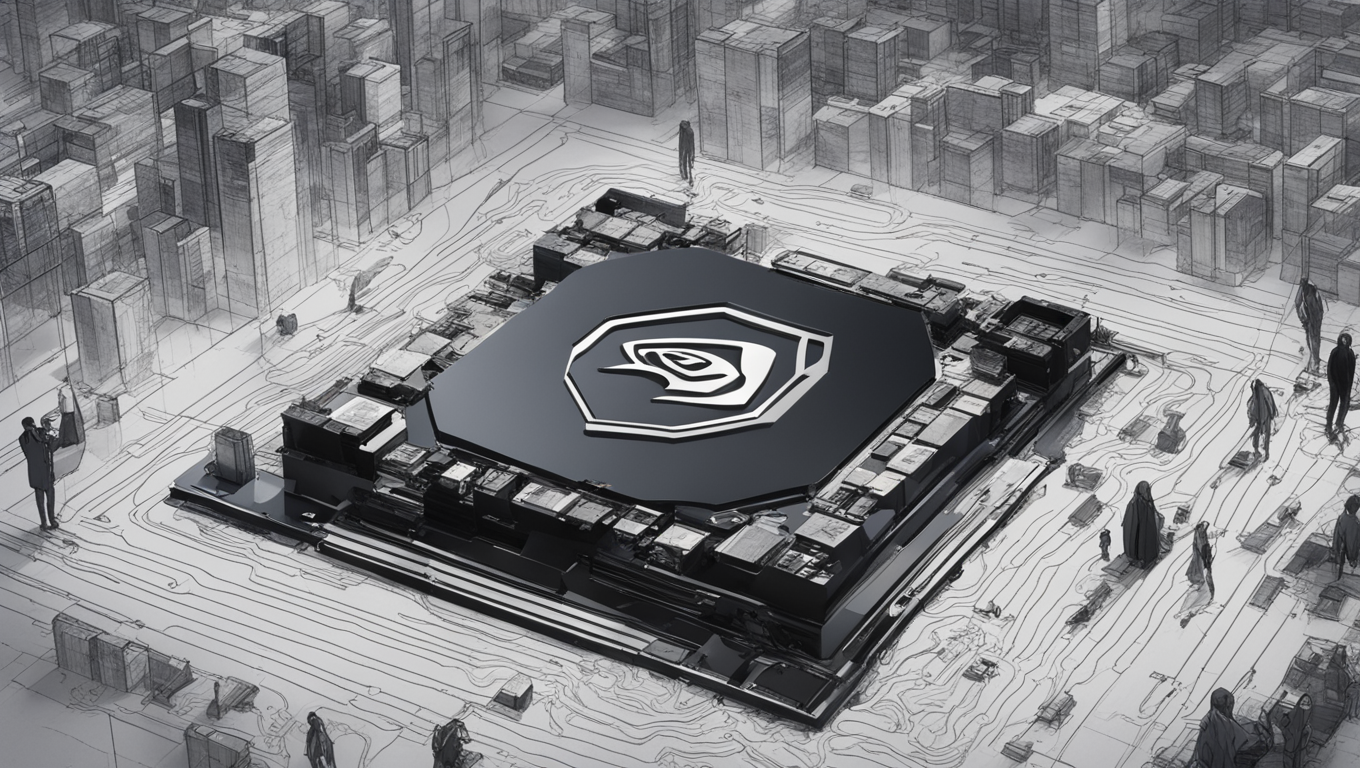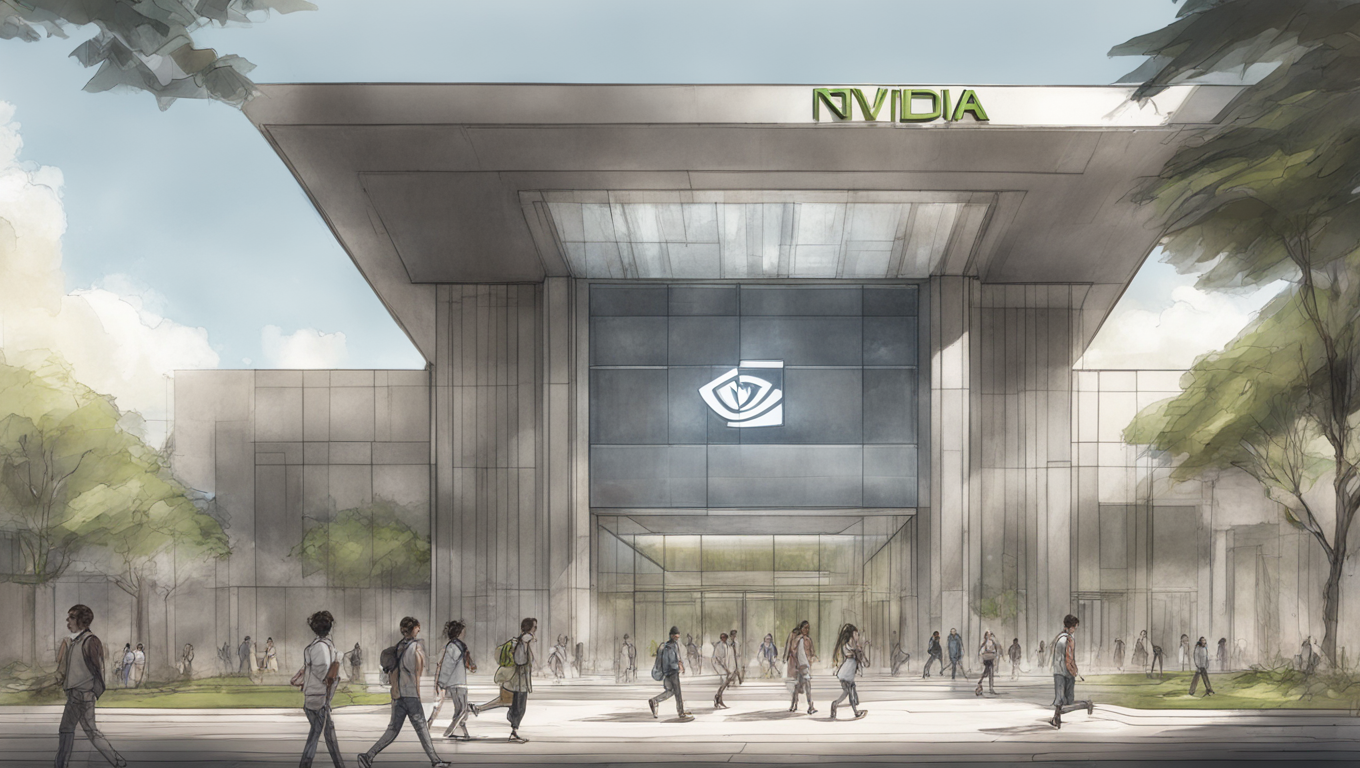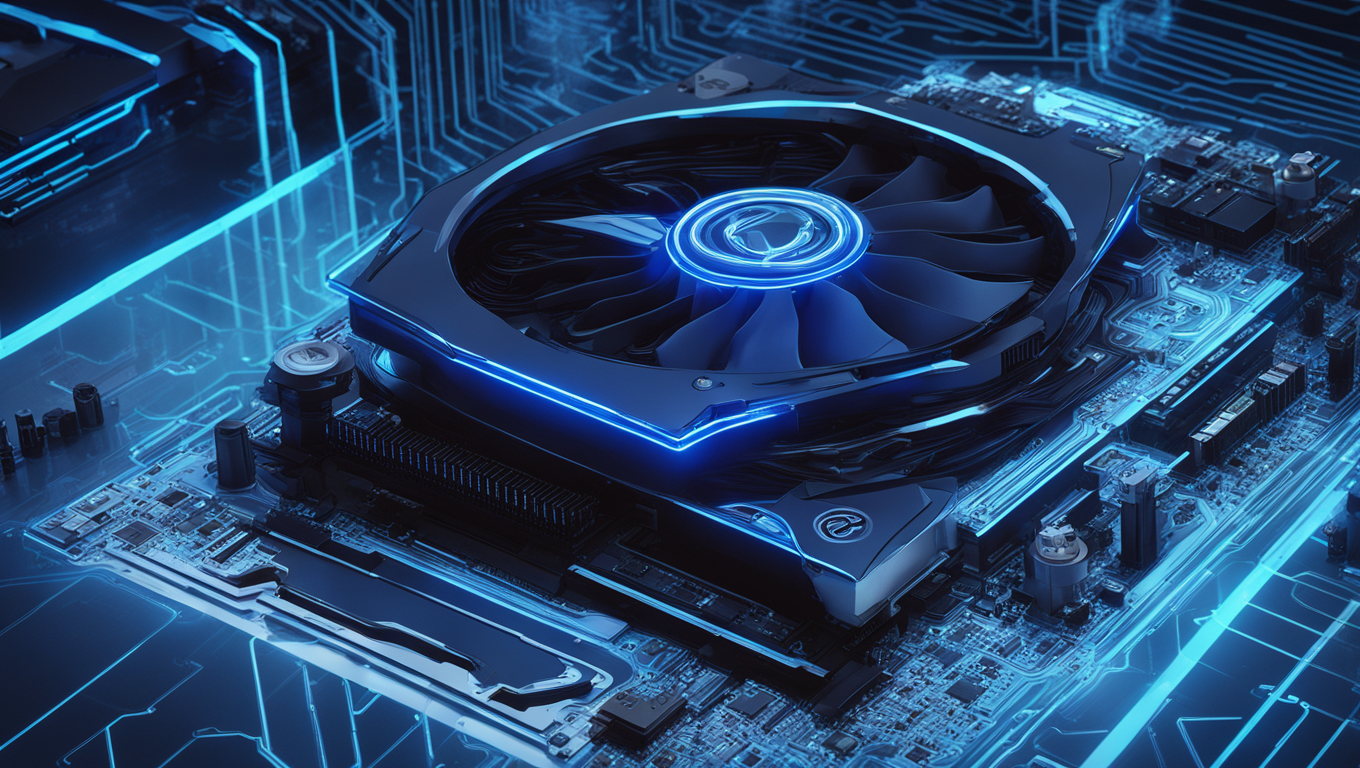Chinese tech giant Tencent Holdings revealed on Wednesday that it currently possesses a large stockpile of AI chips made by U.S. manufacturer Nvidia. However, the company warned that the recently broadened U.S. restrictions on high-end chip sales to China will eventually impact its cloud services. Tencent’s President, Martin Lau, stated during an analyst call after the company’s third-quarter earnings report that the ban on chip exports to China will compel them to use existing stock more efficiently and search for domestically produced alternatives. While the impact on near-term AI capabilities is minimal, the restrictions will have a significant effect on Tencent’s cloud services, where they sell computing power to clients.
Lau explained, “[…] the chip ban does actually affect our ability to resell (use of) these AI chips through our cloud services.” As a dominant player in the Chinese AI chip market, Nvidia’s market share stands at approximately 90%. Hence, the expanded U.S. export restrictions have left Chinese firms with AI ambitions scrambling to find alternatives. Some companies have started turning to domestic chipmakers like Huawei Technologies, posing a significant threat to Nvidia’s leadership position.
In a recent report by Reuters, it was revealed that Tencent’s rival, Baidu, has ordered 1,600 Huawei Ascend 910B chips. Tencent, on the other hand, possesses a stockpile of H800 AI chips that Nvidia designed specifically for the Chinese market last year in response to earlier export curbs, but these chips are now also covered by the new rules. One way that Tencent plans to utilize its H800 chips more effectively is by allocating them towards the crucial part of AI model development, namely, training the model. Lau highlighted the company’s intention to offload much of the inference capability to lower-performance chips so that a majority of the high-performance AI chips can be reserved for training purposes.
Nvidia has plans to release new AI chips tailored for the Chinese market, equipped with the latest features for AI work. However, it is expected that these chips will have reduced computing power to comply with the new export rules. The announcement about these chips is scheduled to take place on November 16 or later, according to industry newsletter SemiAnalysis. Nvidia declined to comment on the report when approached by Reuters.
The impact of the expanded U.S. restrictions on AI chip sales to China is already being felt by major players like Tencent, who rely heavily on cloud services and robust AI capabilities. As Chinese companies seek alternatives from domestic chipmakers like Huawei, Nvidia may face a significant challenge to its dominance in the Chinese market. The unveiling of new China-bound AI chips by Nvidia will undoubtedly be met with anticipation as the industry watches to see how the company adjusts to the new restrictions and competes with the emerging players in the domestic market.





Use the share button below if you liked it.